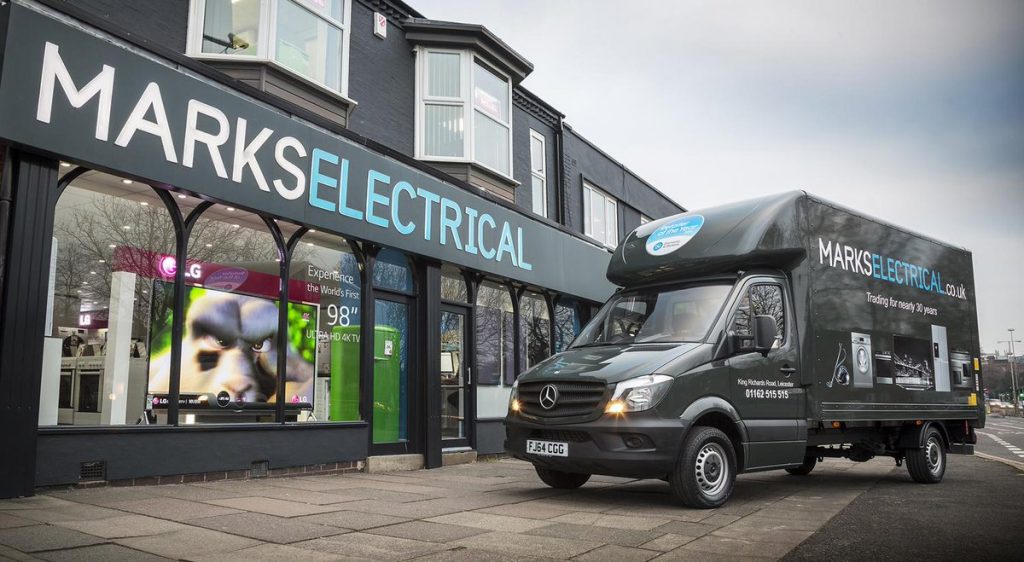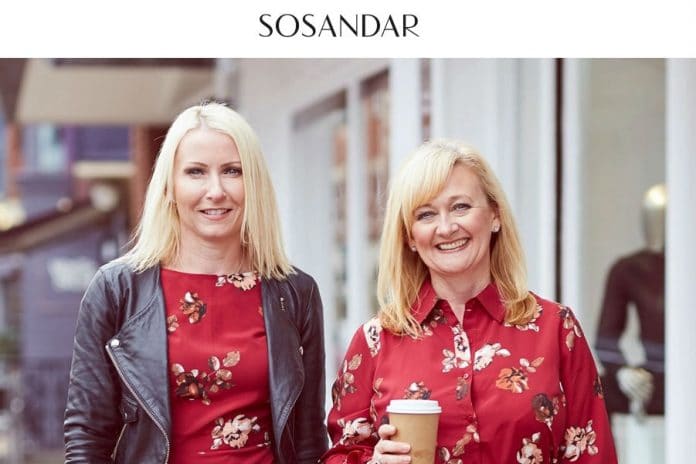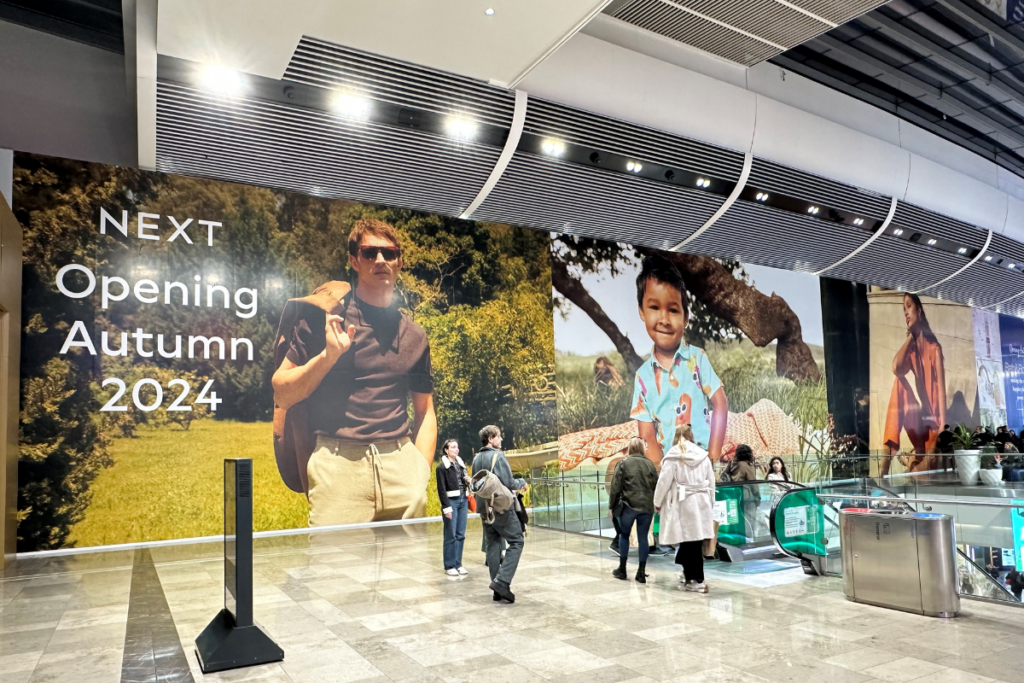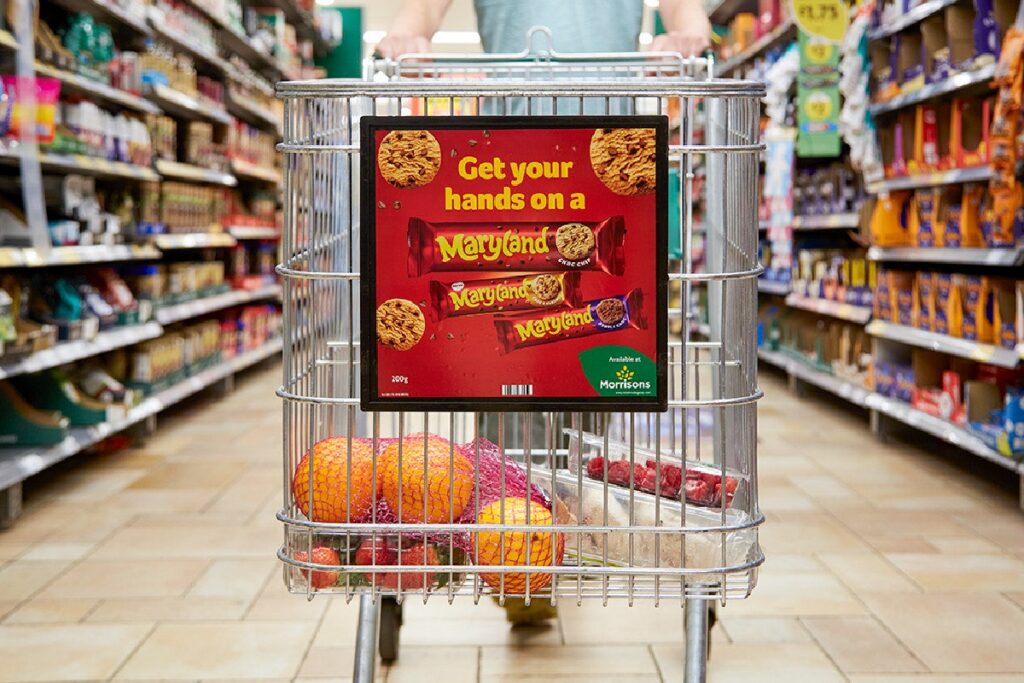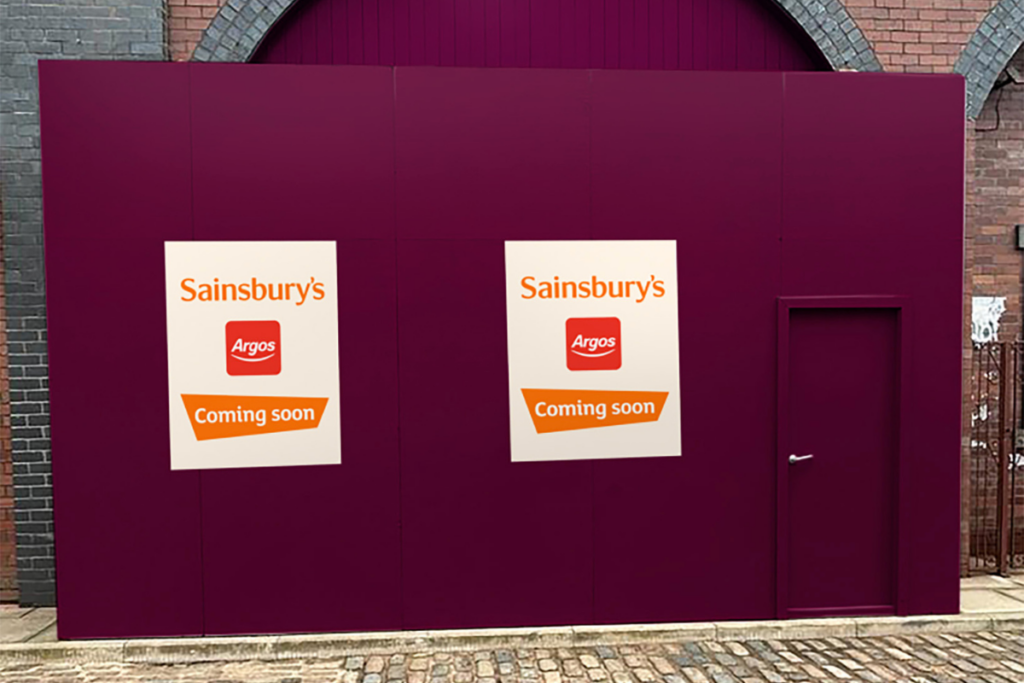According to the Aztecs, 2012 will signal the end of the world. For the high street, the end is already nigh. Well, that is if you believed Mary Portas, the retail doyen who last week published her government-commissioned report on our city centre retail environments.
She is absolutely right that high street retail fulfils a vital social as well as economic need and that steps have to be urgently taken to reverse its decline.
And if that makes me the poacher calling for a better gamekeeper, than so be it.
But fundamentally consumers need more compelling reasons to spend their hard earned cash on the high street instead of online or in an out-of-town mega shopping centre.
I do not want to paint some halcyon picture of the glory days when every shopkeeper knew the name of every customer. But it does seem to me that high street retailers need to reconnect with their consumer base at a local level.
All over the UK, the parts of the retail industry that seem to be faring best are local markets, fairs and arcades that are full of independent, quirky and individual retailers. In London alone Portobello, Brixton, Borough, Camden and Spitalfields markets are buzzing. There is another dozen I haven‘t named that are equally buoyant. Consumers are looking for an experience, not just a product.
What does that experience look like in any number of high street retailers? I am afraid to say that too often it looks like a disinterested sales assistant with little motivation and precious little charm or desire to help the customer.
Go and visit a store anywhere in the US and then compare the experience with going into a shop on Oxford Street.
There are a few retailers in the UK that invest in the consumer experience. I read with interest that Oddbins, when it re-launched a few months back, made lots of noise about giving autonomy to branch managers to customise the range for their local customer base.
Online retailers have it easy by comparison. We can call up the purchasing history of a customer, we know exactly how customers browse through our stores and we can closely analyse why they buy something or why they do not.
The mere mechanism of making a purchase online gives us a huge advantage in that regard.
I don‘t think the high street can simply wait for David Cameron to alter planning laws to stop the growth of out-of-town megamalls. Retailers have to innovate to get consumers coming back through the doors for the experience, not just the product. But if those same retailers make more money from out-of-town shopping centres, it is hard to see why they would enthusiastically sign up for a programme to revolutionise the high street.
But maybe that does not matter. Maybe we need to roll the clock back to a time when independent stores thrived on the high street. But for that to happen, the way we tax the high street has to fundamentally shift. That would require a wholesale acceptance on the part of local and national government that Portas is right when she says that the high street plays a vital role in the health of our communities.
Aaron Chatterley is CEO of health & beauty e-tailer Feelunique.com


